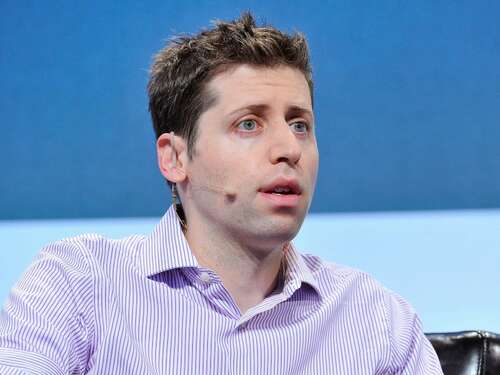
Musk said he wants to compel OpenAI, a company he co-founded in 2015 and left in 2018, to adhere to its founding agreement and not be closed-sourced.
Elon Musk, billionaire founder of AI start-up xAI, has filed a lawsuit against OpenAI and its CEO Sam Altman for not sticking to its original objective of developing AI for the benefit of humanity.
“OpenAI has been transformed into a closed-source de facto subsidiary of the largest technology company in the world: Microsoft,” the lawsuit filed yesterday (29 February) reads.
The news comes as reports suggest OpenAI is planning to appoint several new board members within the next month after chaos at the upper echelons of the AI start-up last November, when Altman was briefly removed – and then reinstated – as CEO and the existing board was dissolved.
“Under its new board, it is not just developing but is actually refining an AGI [artificial general intelligence] to maximise profits for Microsoft, rather than for the benefit of humanity,” the lawsuit continues.
“Its technology, including GPT-4, is closed-source primarily to serve the proprietary commercial interests of Microsoft.”
Musk and his lawyers argue in the lawsuit that the objective is to compel OpenAI, a company he co-founded in 2015 and left in 2018 after disagreements with colleagues, to adhere to the founding agreement and return to its mission to develop AGI for the benefit of humanity, not to personally benefit Microsoft, which is now the most valuable company in the world in market cap.
Microsoft has been the biggest backer of OpenAI since ChatGPT took the world by storm in 2022. Last year, the company committed billions in investment to the AI start-up and integrated many of its tools with OpenAI models, including Bing and Copilot.
However, the company has also been investing in other start-ups innovating in the AI space, including, most recently, French AI company Mistral, will provide commercial language models on Microsoft’s Azure cloud computing platform.
Earlier this week, OpenAI filed a motion to dismiss several claims in the New York Times’ copyright lawsuit, arguing that the newspaper’s complaint does not meet its own “famously rigorous journalistic standards”.
In a legal battle launched at the end of last year, the media outlet claimed that AI models such as ChatGPT have copied and use millions of copyrighted news articles, in-depth investigations and other journalistic work.
In a statement sent to SiliconRepublic.com, Ian Crosby, a partner at Susman Godfrey and lead counsel for The New York Times, noted that OpenAI did not dispute that it copied millions of articles from the media outlet to build its products.
“What OpenAI bizarrely mischaracterises as ‘hacking’ is simply using OpenAI’s products to look for evidence that they stole and reproduced the Times’s copyrighted works,” he said. “And that is exactly what we found.”
Find out how emerging tech trends are transforming tomorrow with our new podcast, Future Human: The Series. Listen now on Spotify, on Apple or wherever you get your podcasts.
Sam Altman speaking at TechCrunch Disrupt in 2015. Image: Steve Jennings/Getty Images for TechCrunch via Flickr (CC BY 4.0 DEED)

